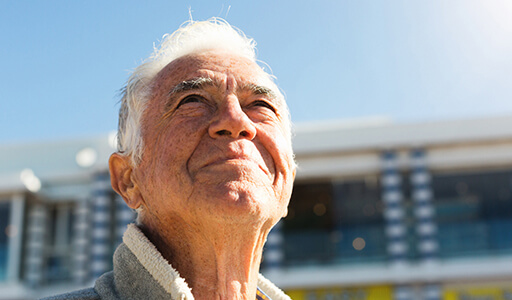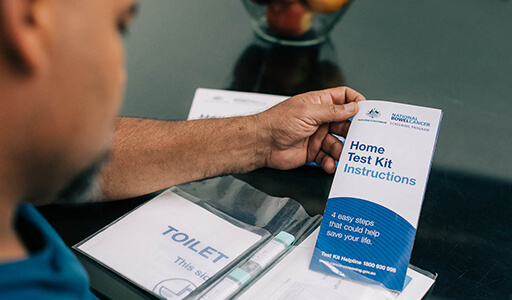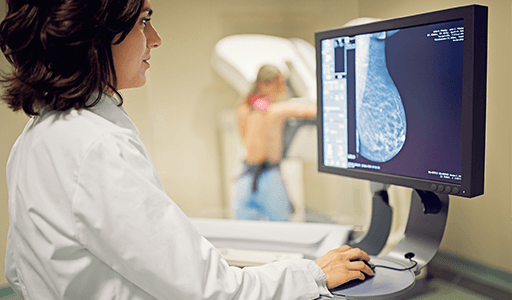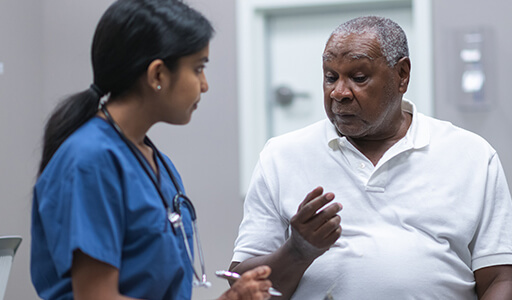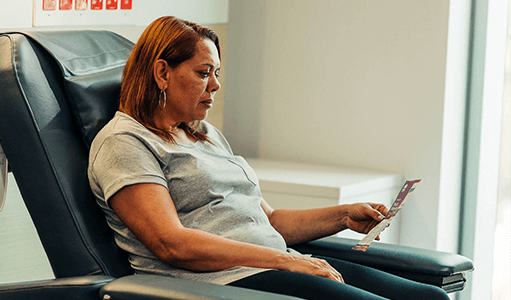What is cancer?

Cancer is not a single disease – there are in fact over 100 types of cancer.
Cancer can affect almost any part of the body but, essentially, it is a disease of the cells. Cells are the basic building blocks of our body that make up tissues and organs.
Although no two cancers are the same, all cancers have one thing in common. Every cancer starts when some cells in the body become abnormal and grow and multiply out of control.
How cancers start and spread
The human body contains billions of cells. As old cells die, other cells divide to make new cells. This process happens in the body millions of times a day.
Cancer starts when some cells in the body become abnormal and begin to outnumber normal cells in the area. These cells do not behave the same way as normal cells: they can live for longer, or grow and divide faster. As time passes, the abnormal cells multiply out of control and form a cancer.
As the cancer grows, it can spread into surrounding tissues and nearby lymph nodes. Cancer cells may also travel through the blood or lymphatic systems and reach other parts of the body where they can form new cancers. This process is known as metastasis.
Cancer treatments are designed to stop or slow down the development and spread of cancer. They work by removing abnormal cells, killing them, or stopping them from growing and dividing.
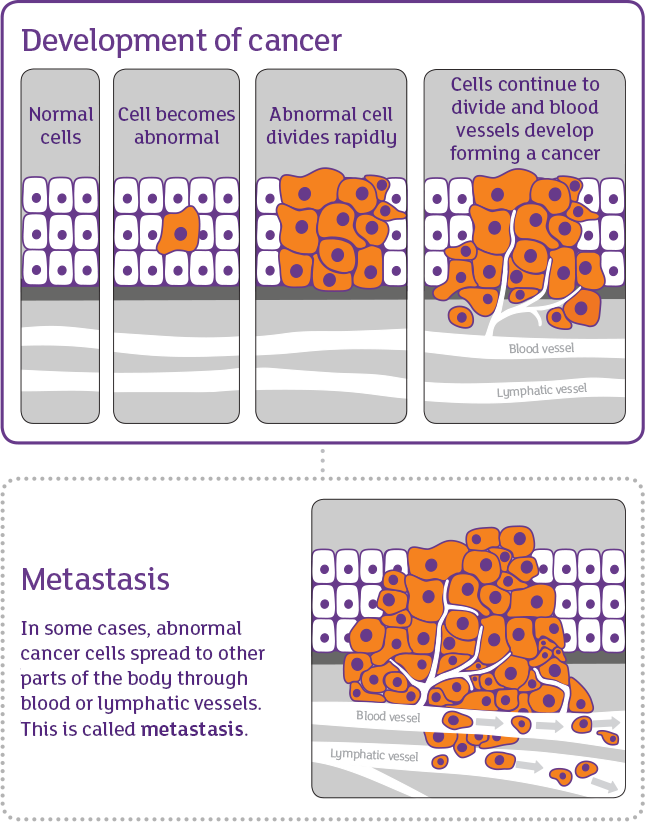
There are over 100 types of cancer
There are more than 100 types of cancer that affect different cells or organs in the body.
Cancers are generally named after the part of the body or type of tissue where the abnormal cell growth begins. For example, cancer that begins in the breast is called breast cancer and cancer that begins in the brain is called brain cancer.
Each type of cancer can be divided further, usually based on the kind of cell they start in. For example, skin cancers can be basal cell carcinomas, squamous cell carcinomas or melanomas (which start in cells called melanocytes), and lung cancers can be small lung cell cancers or non-small cell lung cancers.
Cancers can also be described by other characteristics, like whether they have certain receptors on their cells.
The two main cancer groups
The different types of cancers belong to two main groups: solid tumours and blood cancers (also called haematological cancers).
Solid tumours
Solid tumours include many common cancers like breast cancer, bowel cancer and lung cancer.
A tumour is a lump or swelling, but not all tumours are cancers:
- Benign tumours are not cancers—they can cause problems if they press on nearby tissues or organs, but they do not spread to other parts of the body.
- Malignant tumours are cancers—they can spread into nearby tissues or to other parts of the body.
Surgery is often used to remove solid tumours, however other treatments like chemotherapy or radiation therapy may be needed if the tumour has spread.
Blood (haematological) cancers
Blood cancers affect the blood, bone marrow or lymphatic system. They include leukaemias, lymphomas and myelomas.
Characteristics of blood cancers include:
- They do not form solid tumours in the place where they start.
- Most begin in the bone marrow where blood cells are formed.
- Their cells multiply within the blood or lymphatic system and crowd out the normal cells.
- They stop the normal blood cells from performing their normal functions, like preventing infection or stopping bleeding.
Most blood cancers are treated with chemotherapy and/or radiation therapy to help to bring the cancer under control.
Every cancer is different
No two cancers are the same. Each individual cancer has different characteristics, even cancers of the same type. These differences, which can be great or small, are why each person’s experience of cancer is different from the next.
Cancers can begin in different types of cells and affect various parts of the body. There are both rare and common types of cancer, some that grow quickly and others that develop slowly over time. Some cancers form tumours, or lumps, and others do not.
Likewise, people with cancer experience diverse symptoms, require different tests and treatments, and their chances of recovery after treatment also vary.
Understand cancer for patients and carers
If you or someone you care for have cancer, find more in-depth and tailored information about your specific cancer type, diagnosis, treatment and further support.
